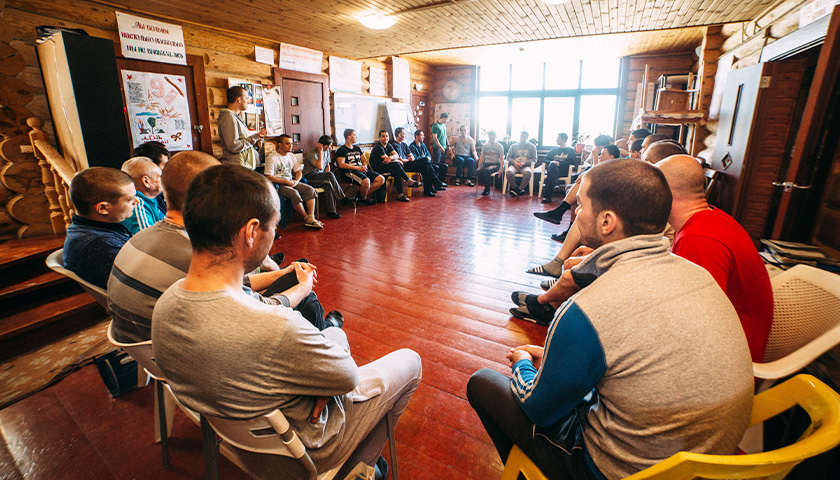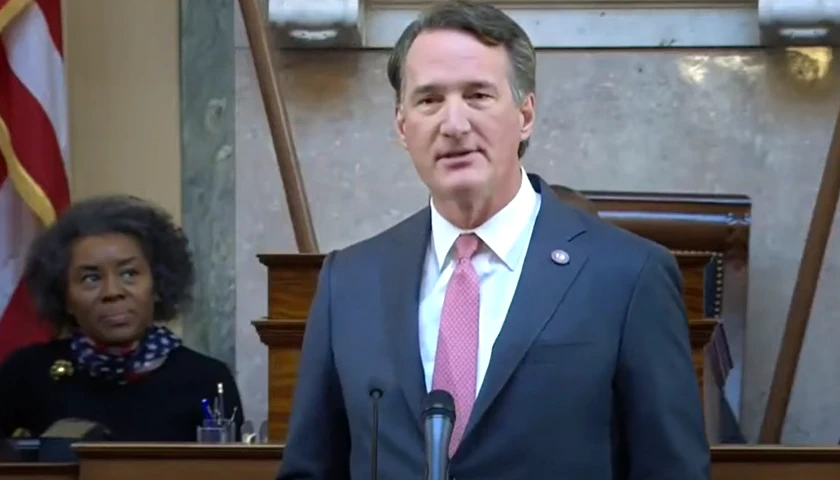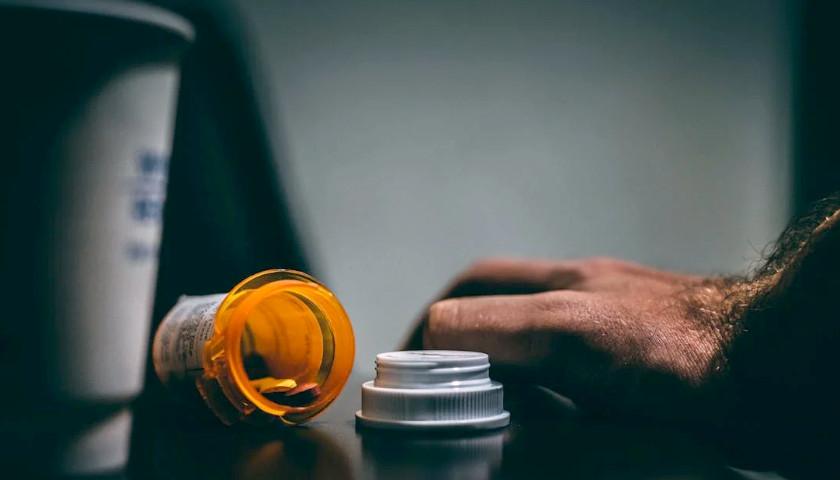by Anthony Hennen
As thousands die every year from a drug overdose in Pennsylvania, the state will spend more money to get people into recovery.
On Wednesday, the governor’s administration announced the creation of six regional recovery hubs – and $4 million to boost efforts for those struggling with drug addiction.
The money will be spent to figure out the services needed in each region, how many people with substance use issues are in the area, and developing a plan “to promote recovery services in areas including peer support, family support, and self-care,” according to a press release.
“Recovery needs may not be (the) same in Altoona as they are in Allentown. This will allow for each region to tailor their recovery supports by conducting ongoing needs assessments based on their area’s priorities,” Dr. Latika Davis-Jones, acting secretary of the Department of Drug and Alcohol Programs, said. “We must empower sustained recovery across the board.”
The $4 million will be divvied up among six organizations in grants of up to $500,000. Grants will go to The Council of Southeast Pennsylvania, Unity Recovery in Allegheny County, the County of Erie Office of Drug & Alcohol Abuse, Armstrong Indiana Clarion Drug & Alcohol Commission, Inc., West Branch Drug & Alcohol Abuse Commission covering North Central Pennsylvania, and Northbound & Co. in Northeast Pennsylvania.
“The Shapiro Administration is committed to ensuring that Pennsylvanians have access to the recovery support services they need,” Davis-Jones said. “The creation of these regional recovery hubs furthers our commitment to promoting recovery in every corner of the state.”
Pennsylvania has consistently had one of the highest overdose death rates in the country for years. In 2021, more than 5,300 people died from an overdose, as The Center Square previously reported — the third-highest death count nationally.
As the synthetic opioid fentanyl has displaced heroin from the state’s drug supply, overdoses have risen. Lawmakers have legalized fentanyl test strips in response, as well as making it easier for the public to purchase the overdose-reversal drug naloxone — about 36,000 doses of naloxone have been bought since 2020.
A lack of data on overdoses, however, has been an issue. One expert who testified at a March meeting hosted by the Center for Rural Pennsylvania argued that the state is “clapping with one hand” by not requiring agencies to report overdose data.
– – –
Anthony Hennen is a reporter for The Center Square. Previously, he worked for Philadelphia Weekly and the James G. Martin Center for Academic Renewal. He is managing editor of Expatalachians, a journalism project focused on the Appalachian region.
Photo “Drug Rehabilitation Center” by Rehab Center Parus. CC BY-SA 4.0.





